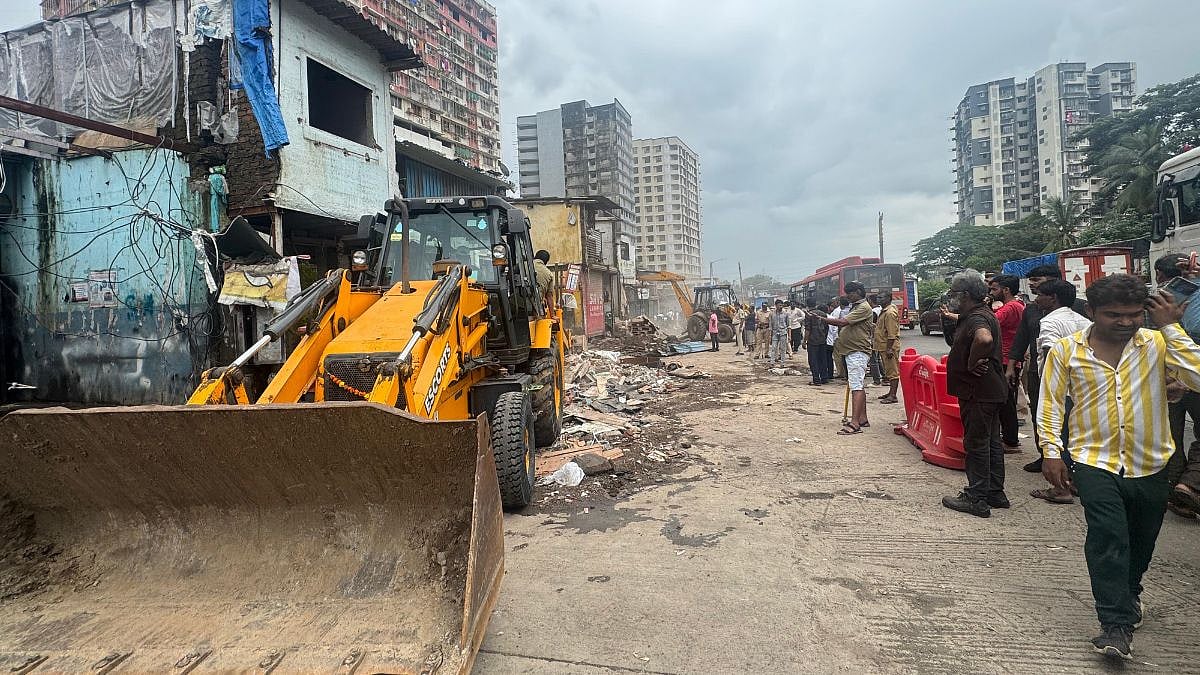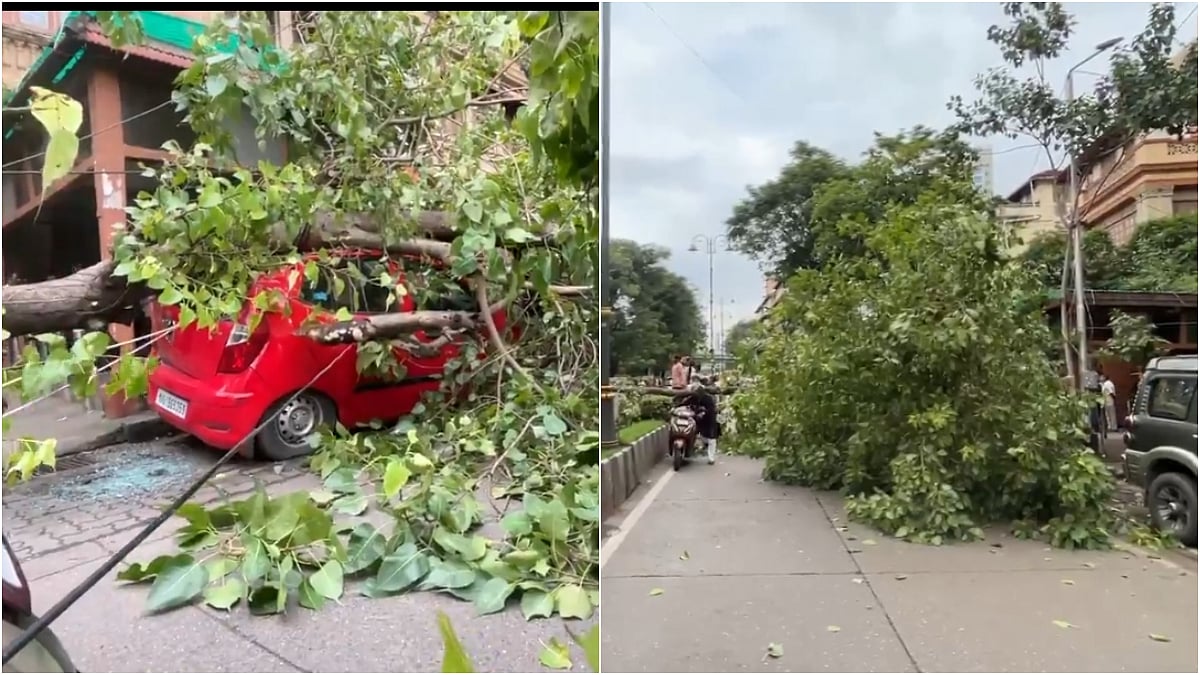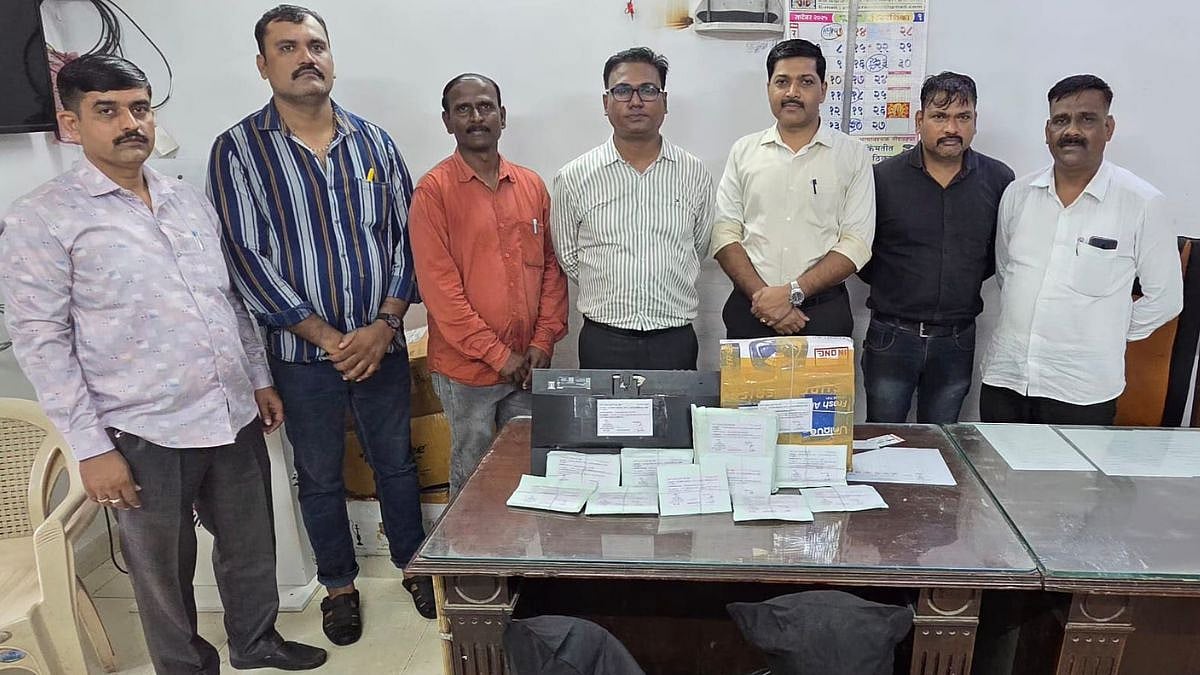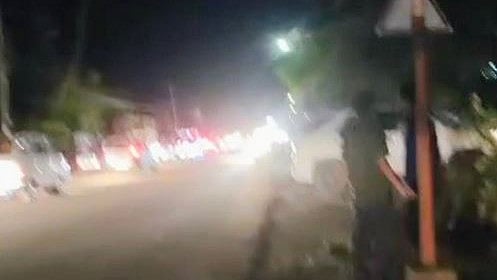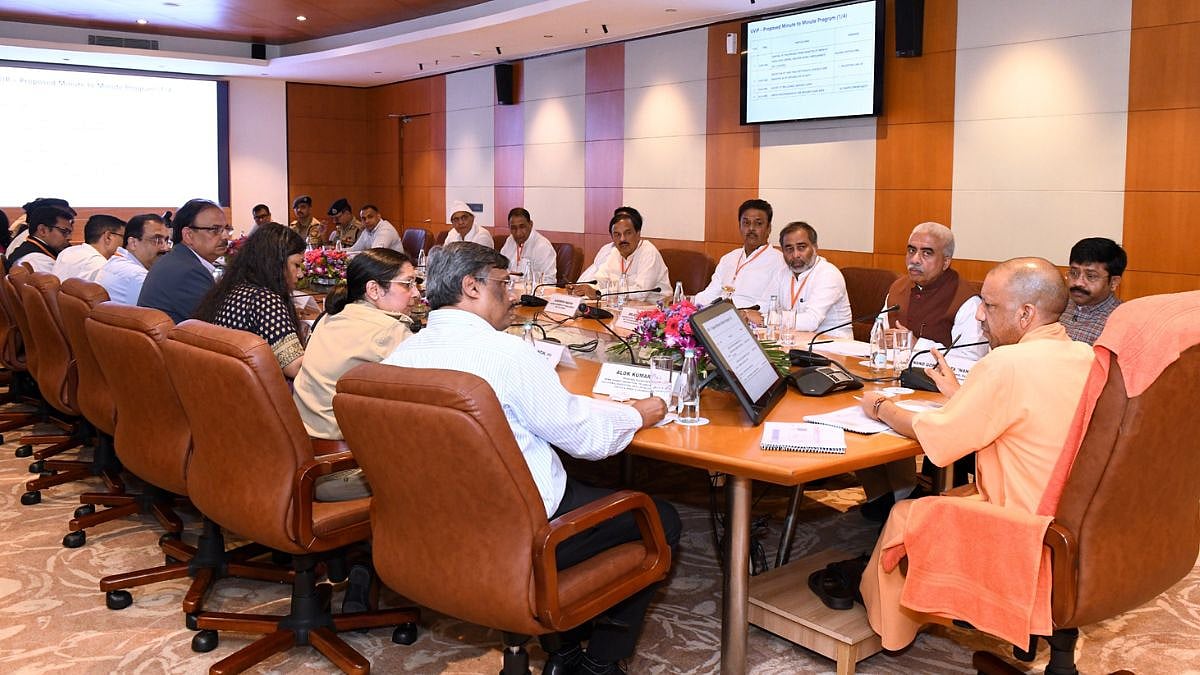The tragic collapse of the Gambhira Bridge in Padra, Vadodara, has once again raised serious questions about infrastructure safety in Gujarat. With at least four major bridge-related incidents in the state since 2021—including the devastating Morbi suspension bridge collapse that claimed 135 lives—concerns over poor maintenance, ignored warnings, and systemic negligence are growing louder.
In a candid conversation with Free Press Journal’s Afrida Rehman Ali, Gujarat Congress Chief spokesperson Dr. Manish Doshi accused the state administration of repeated lapses and called for accountability from the Roads and Buildings (R&B) department. The discussion sheds light on what went wrong, why it keeps happening, and what must change to prevent the next disaster.
Q1: Afrida Rehman Ali: The Gambhira Bridge collapse is yet another incident of infrastructure breakdown in Gujarat. How serious is this issue?
Dr. Manish Doshi: This is not an isolated incident. Since 2021, Gujarat has witnessed at least four major bridge collapses. The Morbi bridge collapse, which claimed 135 lives in 2022, is still fresh in public memory. The collapse of the Gambhira Bridge is part of a worrying pattern that points to administrative failure and negligence.
Q2: Afrida: Do you believe this is a case of administrative negligence?
Doshi: Absolutely. The locals had already raised complaints about the bridge’s poor condition. Despite that, no meaningful maintenance was undertaken. The Roads and Buildings (R&B) department was aware of the risks, but they chose to ignore it. This isn’t just negligence—this borders on criminal negligence.
Q3: Afrida: Was there no inspection or structural audit of the bridge done recently?
Doshi: The government claims that repairs were done last year and the bridge wasn’t structurally unsound. But this clearly contradicts reality. The bridge wasn’t safe for heavy traffic, and despite this, it remained open. If basic inspections had been done honestly, this tragedy could have been prevented.
Q4: Afrida: What do you make of the government’s response post-collapse?
Doshi: The response is reactive, not proactive. After every such tragedy, there is token compensation and routine blame-shifting. But there is no accountability. Even after Morbi, where over 100 lives were lost, the accused are out on bail. That shows how lightly these disasters are being taken.
Q5: Afrida: In the Morbi bridge case, the managing officials were charged with culpable homicide. Isn’t that a strong legal step?
Doshi: Yes, but what followed was a travesty. The accused were charged under culpable homicide not amounting to murder, but they were soon out on bail. The message this sends is dangerous: that lives can be lost due to negligence and yet there is no meaningful punishment.
Q6: Afrida: What is your message to voters and the public on these repeated tragedies?
Doshi: People need to vote based on governance, not just religion or caste. Infrastructure is a life-and-death issue. If four bridges have collapsed in just a few years, it’s time to hold those in power accountable. Governance is not about slogans, it’s about saving lives.

Q7: Afrida: What systemic changes would you recommend to avoid such incidents in future?
Doshi: We need independent audits of all bridges and critical infrastructure. There should be civil and criminal liability for engineers, contractors, and officials who fail in their duties. Also, the state must invest in regular maintenance rather than flashy new projects.
Q8: Afrida (closing remark): Thank you, Mr. Doshi, for joining us. Clearly, the so-called Gujarat model is under serious scrutiny today. Citizens deserve safety, not cover-ups. We urge the authorities and especially the R&B department to introspect before more lives are lost.

